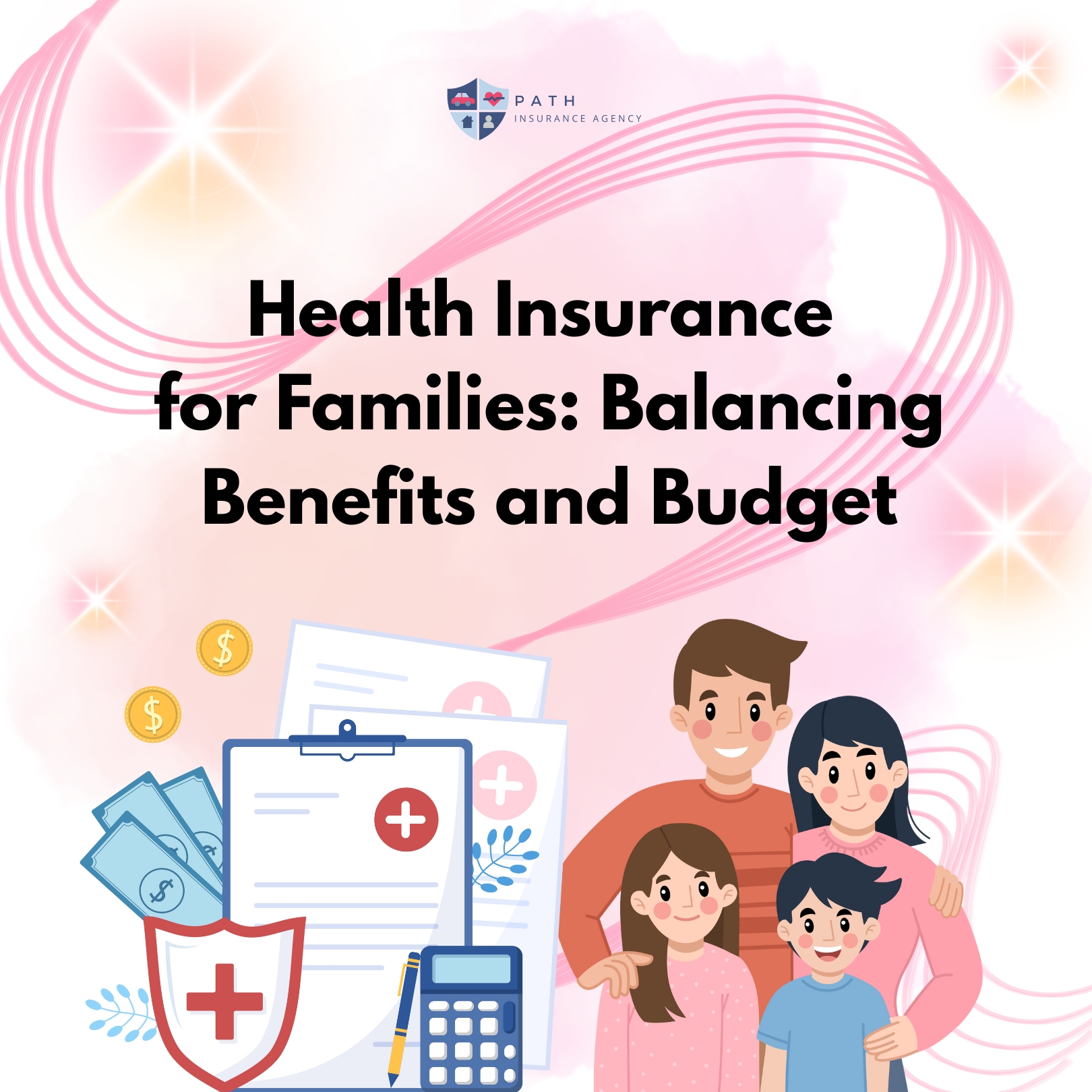Introduction
Car insurance is something that all drivers need to have, but did you know that your credit score can affect how much you pay for coverage? In this blog post, we will explore the relationship between your credit score and car insurance rates. Understanding this connection can help you make informed decisions about managing your credit and saving money on your car insurance premiums.
What is a Credit Score?
Before we dive into how your credit score affects car insurance rates, let’s first understand what a credit score is. A credit score is a number that represents your creditworthiness. It is based on information from your credit history, such as your payment history, outstanding debts, and length of credit history. Lenders and insurance companies use this number to assess the level of risk associated with lending you money or providing you with insurance.
How Credit Scores Affect Car Insurance Rates
Car insurance companies consider many factors when determining your rates. While your driving record and the type of car you drive are important factors, your credit score can also play a role. Insurance companies have found that individuals with low credit scores are more likely to file claims and have accidents. As a result, they may charge higher premiums to offset the increased risk.
On the other hand, individuals with high credit scores are seen as more responsible and less likely to file claims. These individuals often receive lower insurance premiums. So, maintaining a good credit score can not only help you save money on car insurance but also demonstrate your financial responsibility.

Tips for Improving Your Credit Score and Reducing Car Insurance Rates
If you’re looking to improve your credit score and reduce your car insurance rates, here are some tips to help you get started:
- Pay your bills on time: Late payments can negatively impact your credit score. Set up reminders or automatic payments to ensure you never miss a due date.
- Keep your credit utilization low: Try to keep your credit card balances below 30% of your available credit. High credit utilization can harm your credit score.
- Limit new credit applications: Each time you apply for credit, it creates a hard inquiry on your credit report. Too many inquiries can lower your score. Only apply for credit when necessary.
- Check your credit report: Regularly review your credit report for errors or inaccuracies. Dispute any mistakes to have them corrected promptly.
- Build a positive credit history: Establishing a history of responsible credit management is essential. Consider opening a credit card or taking out a small loan and making timely payments.
- Maintain a long credit history: The length of your credit history matters. Avoid closing old credit accounts, as they contribute to the length of your credit history.
By following these tips, you can improve your credit score over time and potentially enjoy lower car insurance rates.
Conclusion
Your credit score can have a significant impact on your car insurance rates. Insurance companies use credit scores to determine the level of risk associated with insuring you. By maintaining a good credit score and practicing responsible credit habits, you can potentially save money on your car insurance premiums. Remember, financial responsibility and good credit management go hand in hand!
Sources:



